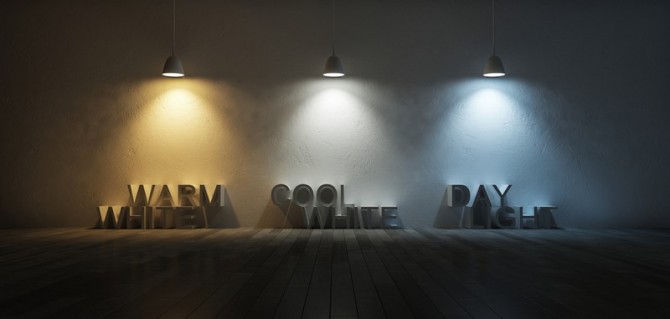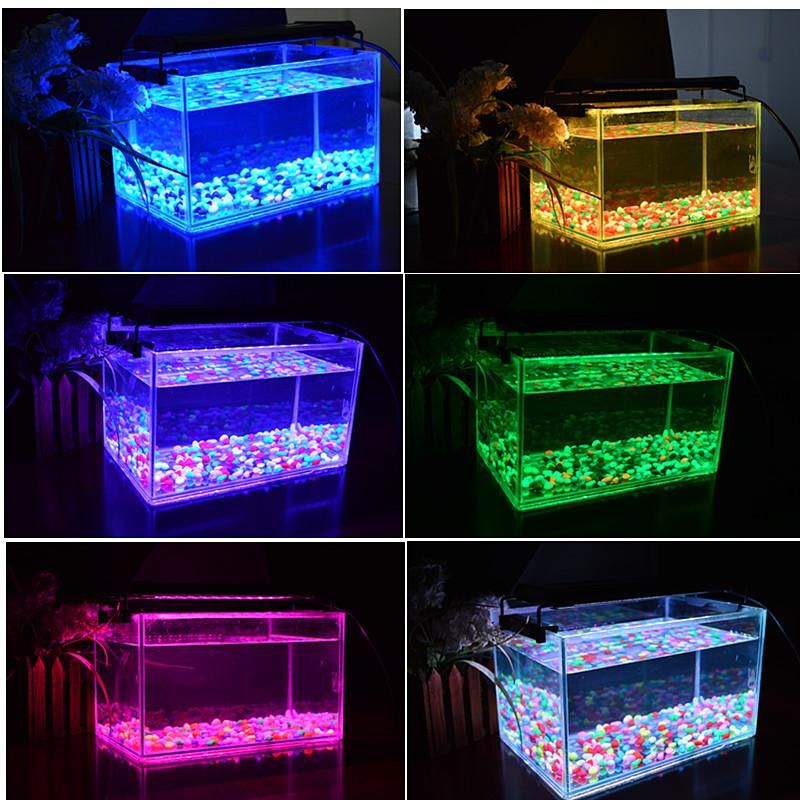Light and colour can influence how people perceive something. Light and colour can be appear to be shaped differently from reality under sunlight or tungsten light. Objects under a uniform light-source promotes better impression of three dimensional shape. In particular, the trajectories of objects under a light source whose intensity varies with space, are more difficult to determine than identical objects under uniform light source. This shows interference between motion and colour perception.
Light
Light is the brightness that comes from the sun, fire and from electrical devices (Cambridge University Press, 2018). Light is something that makes vision possible and the sensation aroused by stimulation of visual receptors. It is also electromagnetic radiation that travels in a vacuum with specific speed that perceive by the eyes. (Merriem-Webster, 2018)
Types of light
sunlight
candle light
fluoroscent
light bulb
Incandascent bulb
LED
fire
Colour
Types of colour
Colour is one of the element of art and design. The color wheel was developed by Sir Isaac Newton by taking the color spectrum and bending it into a circle. The color wheel is made up of three different types of colors - Primary, Secondary, and Tertiary. (Fussell,M, 2017)
Primary colours
The primary colors are red, yellow, and blue. No two colors can be mixed to create a primary color. Primary colors can only be created through the use of natural pigments. Secondly, all other colors can be created by mixing primary colors together.
Secondary colours
The secondary colors are orange, green, and purple. Secondary colors are created by mixing equal parts of any two primary colors.
Yellow + blue = green
Red + blue = purple(violet)
Red + yellow = orange
Tertiary colours
Tertiary colors are created by mixing equal parts of a secondary color and a primary color together. There are six tertiary colors- red-purple, red-orange, blue-green, yellow-green, blue-purple, and yellow-orange.
Hue: Hue is the name of a pure color, such as red, blue, or yellow.
Value: Value is the lightness or darkness of a hue (color). The value of a hue can be changed by adding black or white. Light values of colors are called tints. Darker values of colors are called shades.
Intensity: Intensity is the brightness or dullness of a hue (color). Pure hues are high-intensity colors. Dull hues are low-intensity colors. Intensity of color is changed by adding varying amounts of its complimentary color. For example, to make a bright green duller a little bit of red could be added to it.
Complementary colours
Colors found directly across from each other on the color wheel.
Example:
Blue and orange
red and green
yellow-green
red-purple.
Monochromatic- literally means one (mono) color (chroma).
Analogous colors- are colors that are next to each other on the color wheel.
Value
Perception of colour under different lights
Reference:
Cambridge University Press, 2018, light, Cambridge University Press, accessed on 11th January 2018, url: https://dictionary.cambridge.org/dictionary/english/light
Merriem-Webster, 2018, Definition of light, meriem-webster.com, accessed on 11th January 2018, url: https://www.merriam-webster.com/dictionary/light
American Lighting Association, 2017, Types of Light Source and Light Bulb, American Lighting Association, accessed on 11th January 2018, url: https://www.americanlightingassoc.com/Lighting-Fundamentals/Light-Sources-Light-Bulbs.aspx
The Virtual Instructor, 2017, Color Theory- The elements of Art-Color, The Virtualinstructor.com, accessed on 11th January 2018, url:http://thevirtualinstructor.com/Color.html
Art foundation, Elements of Design: Colour, Art Fundation site, accessed on 11th January 2018, url: http://www.wcs.k12.mi.us/cousino/wcsart/Art%20Foundatons%20Site/color.html
Light
Light is the brightness that comes from the sun, fire and from electrical devices (Cambridge University Press, 2018). Light is something that makes vision possible and the sensation aroused by stimulation of visual receptors. It is also electromagnetic radiation that travels in a vacuum with specific speed that perceive by the eyes. (Merriem-Webster, 2018)
Types of light
sunlight
candle light
fluoroscent
light bulb
Incandascent bulb
LED
fire
Colour
Types of colour
Primary colours
The primary colors are red, yellow, and blue. No two colors can be mixed to create a primary color. Primary colors can only be created through the use of natural pigments. Secondly, all other colors can be created by mixing primary colors together.
Secondary colours
The secondary colors are orange, green, and purple. Secondary colors are created by mixing equal parts of any two primary colors.
Yellow + blue = green
Red + blue = purple(violet)
Red + yellow = orange
Tertiary colours
Tertiary colors are created by mixing equal parts of a secondary color and a primary color together. There are six tertiary colors- red-purple, red-orange, blue-green, yellow-green, blue-purple, and yellow-orange.
Value: Value is the lightness or darkness of a hue (color). The value of a hue can be changed by adding black or white. Light values of colors are called tints. Darker values of colors are called shades.
Intensity: Intensity is the brightness or dullness of a hue (color). Pure hues are high-intensity colors. Dull hues are low-intensity colors. Intensity of color is changed by adding varying amounts of its complimentary color. For example, to make a bright green duller a little bit of red could be added to it.
Warm colors: red, yellow and orange.
Cool colors: blue, violet and green.
Complementary colours
Colors found directly across from each other on the color wheel.
Example:
Blue and orange
red and green
yellow-green
red-purple.
Monochromatic- literally means one (mono) color (chroma).
Analogous colors- are colors that are next to each other on the color wheel.
Value
Perception of colour under different lights
Lighting affects colours (t-eacheryates.tumblr.com, 2017)
Figure: Different light with different colour temperature (Energuide, 2017)
Figure: Different light colours affects the mood and look of aquarium (dhgate.com, 2017)
Reference:
Cambridge University Press, 2018, light, Cambridge University Press, accessed on 11th January 2018, url: https://dictionary.cambridge.org/dictionary/english/light
Merriem-Webster, 2018, Definition of light, meriem-webster.com, accessed on 11th January 2018, url: https://www.merriam-webster.com/dictionary/light
American Lighting Association, 2017, Types of Light Source and Light Bulb, American Lighting Association, accessed on 11th January 2018, url: https://www.americanlightingassoc.com/Lighting-Fundamentals/Light-Sources-Light-Bulbs.aspx
The Virtual Instructor, 2017, Color Theory- The elements of Art-Color, The Virtualinstructor.com, accessed on 11th January 2018, url:http://thevirtualinstructor.com/Color.html
Art foundation, Elements of Design: Colour, Art Fundation site, accessed on 11th January 2018, url: http://www.wcs.k12.mi.us/cousino/wcsart/Art%20Foundatons%20Site/color.html





No comments:
Post a Comment